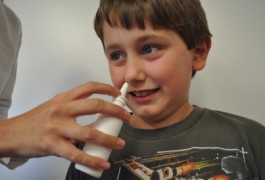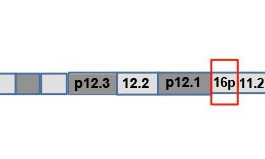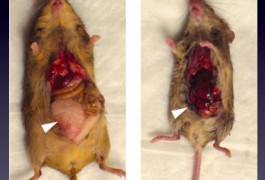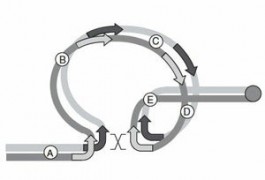Weighty issue
Women who have children who are later diagnosed with autism tend to gain more weight during pregnancy than do mothers of typically developing children, reports a study in the November issue of Pediatrics.

Women who have children who are later diagnosed with autism tend to gain more weight during pregnancy than do mothers of typically developing children, reports a study in the November issue of Pediatrics.

Young children with autism have higher rates of obesity than the general population, says a study published 13 March in Childhood Obesity.
A rare deletion on chromosome 16 is more common in individuals who have schizophrenia than in controls, according to a large genetics study published 16 January in JAMA Psychiatry. This region is close to 16p11.2, implicated in both autism and schizophrenia.

After years of making do with drugs developed for other conditions, doctors and scientists are eagerly pursuing drugs that target the social symptoms of autism.

The loss of a 600-kilobase region on chromosome 16 leads to intellectual disability, obesity, a large head and, sometimes, autism, according to a study published in the October issue of the Journal of Medical Genetics.

Mice lacking one copy of the autism-linked 16p11.2 chromosomal region are thin, deaf and show repetitive behaviors. They also have altered proportions of neurons in their brains, particularly those that express the chemical messenger dopamine. The unpublished results were presented Sunday at the 2012 Society for Neuroscience annual meeting in New Orleans.

Genes and the environment each influence the role of the other in determining the risk of developing autism. Genetics can determine how susceptible one is to the environment, and environmental factors can influence gene expression and introduce mutations, says immunologist Janine LaSalle.

A new study, published in the journal Pediatrics, made headlines this week by suggesting that motherhood obesity may increase the risk of autism in children.

Twin brothers who have autism carry a non-inherited duplication that overlaps with 16p11.2, a chromosomal region that has been associated with autism. Their brother, who also has autism, has a nearby deletion within 16p11.2, according to a study published 11 January in the European Journal of Human Genetics.